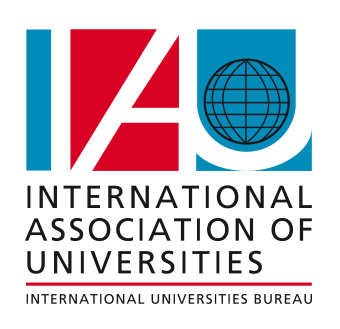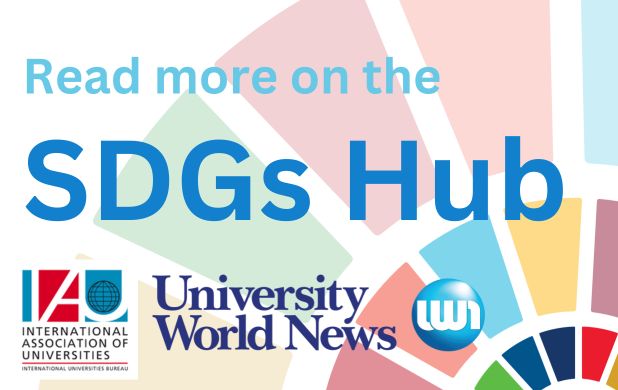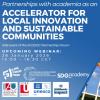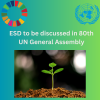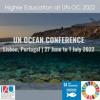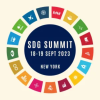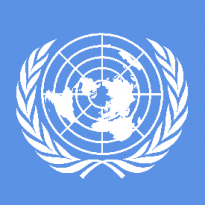
About
The United Nations (UN) is an international organization founded in 1945, following the devastation of the Second World War, to promote peace, security, and cooperation among nations. With 193 member states, it provides a platform for dialogue and collective action on global issues, including human rights, development, humanitarian aid, and international law. The UN leads efforts to address pressing challenges such as climate change, poverty, and conflict, guided by the Sustainable Development Goals (SDGs). Its work is carried out through specialized agencies, peacekeeping missions, and global partnerships aimed at fostering stability and a better future for all.
UN Agencies of relevance for HE and SD:
(non-exhaustive list)
- UNESCO – United Nations Educational, Scientific and Cultural Organization (SDG 4 – Quality Education; also SDG 11, SDG 16, SDG 17), some examples include: Overview on work related to Higher Education, UNESCO Chairs Network, UNESCO Institute IESALC
- UN DESA – United Nations Department of Economic and Social Affairs (SDG 1 – No Poverty; SDG 8 – Decent Work & Economic Growth; SDG 10 – Reduced Inequalities; SDG 17 – Partnerships), coordinates the annual UN HLPF, and co-chairs HESI (Higher Education Sustainability Initiative)
- UNEP – United Nations Environment Programme (SDG 13 – Climate Action; SDG 14 – Life Below Water; SDG 15 – Life on Land; also SDG 12), for example, Nature Positive Universities
- UNDP – United Nations Development Programme (SDG 1 – No Poverty; SDG 10 – Reduced Inequalities; SDG 16 – Peace, Justice & Strong Institutions; SDG 17 – Partnerships)
- UNFCCC – United Nations Framework Convention on Climate Change (SDG 13 – Climate Action, SDG 4), for example: Action for Climate Empowerment and
- UNODC – United Nations Office on Drugs and Crime (SDG 16 – Peace, Justice & Strong Institutions), for example, through resources and modules for universities
